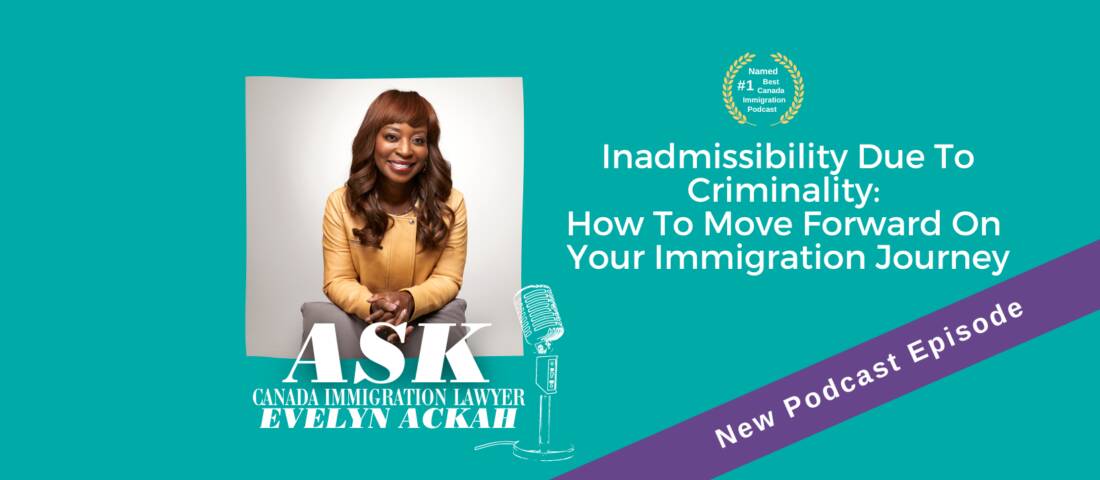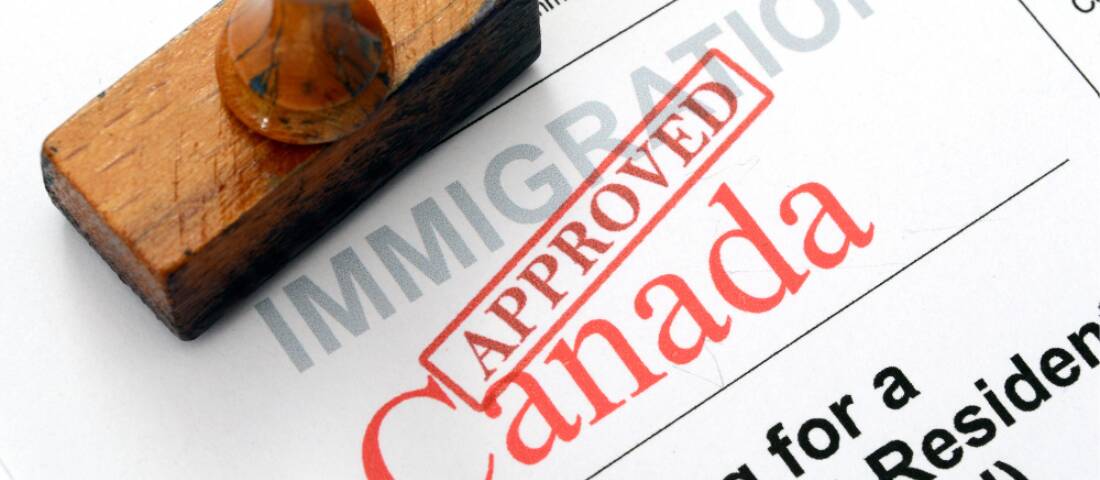What is Criminal Inadmissibility to Canada?
Today, criminal records are digital. Historically, records were on microfiche. Now, Canadian and U.S. immigration agencies are sharing electronic criminal data. As a result, your file can be flagged at the border, even if you haven't been charged yet or have not been convicted.
One of the most stressful issues for people traveling to Canada or the United States is criminal inadmissibility. DUI's, assault, and possession of marijuana convictions even 30 or 40 years old can cause you to be deemed inadmissible to enter at the border.
- Do you want to travel for vacation?
- Does your job require you to travel?
- Have you ever been fingerprinted, charged or convicted?
An immigration lawyer can research your case and help you file for a waiver, be deemed rehabilitated or identify a compelling reason why you need to travel, such as work or a family emergency. A waiver may last for only one year, or for several years - each case is unique.
Deemed Rehabilitation
For example, those who have been convicted of one crime may consider gaining access to Canada by being "deemed" rehabilitated. This is going to depend on how long it has been since the crime was committed. If enough time has passed since all of the conditions of the sentence for the conviction were met, you may be eligible for deemed rehabilitated.
Border officers are given a lot of discretion on this issue. They have the authority to ask about the type of crime, whether you are guilty of multiple crimes, and even discuss the stability of your life. They are also going to consider if you are likely to commit another crime and the length of time since you committed a crime. Often, if it has been ten years or more since the conviction and all conditions have been satisfied, you will be granted deemed rehabilitated status.
Some people take a risk and wait until they are entering Canada to find out if they qualify for deemed rehabilitation status. Rather than wait, it is best to apply for a determination of individual rehabilitation.
Podcast Episode 4: Overcoming Criminal Inadmissibility to Enter Canada or the United States
Criminal Rehabilitation
This is a formal decision made before you reach the border by Canadian consular officials. You must apply for it, and it must be at least five years since you completed all of the requirements of the sentence, such as paying any fines and completing parole.
You may also get a pardon or discharge from the state or country where you were convicted. This too can allow you to obtain that re-entry, but only the IRCC office may accept that and not the Officer at the border.
If it has been less than five years since your court sentence was completed and you have a compelling reason to enter Canada, you may be able to obtain a Temporary Resident Permit. This is a document that allows you to enter and remain in Canada despite your status as inadmissible. According to IRCC,
"Your need to enter or stay in Canada must outweigh the health or safety risks to Canadian society, as determined by an immigration or a border services officer. Even if the reason you are inadmissible seems minor, you must demonstrate that your visit is justified."
Permits are issued for fixed periods of time, and you must leave Canada by the expiry date or get a new one before the original document expires. Obtaining a Temporary Resident Permit requires an application to be submitted. As with all applications, there are fees associated with Temporary Resident Permits.
Contact us today at (403) 452-9515 Ext. 100 or 1-800-932-1190 or email us directly.






